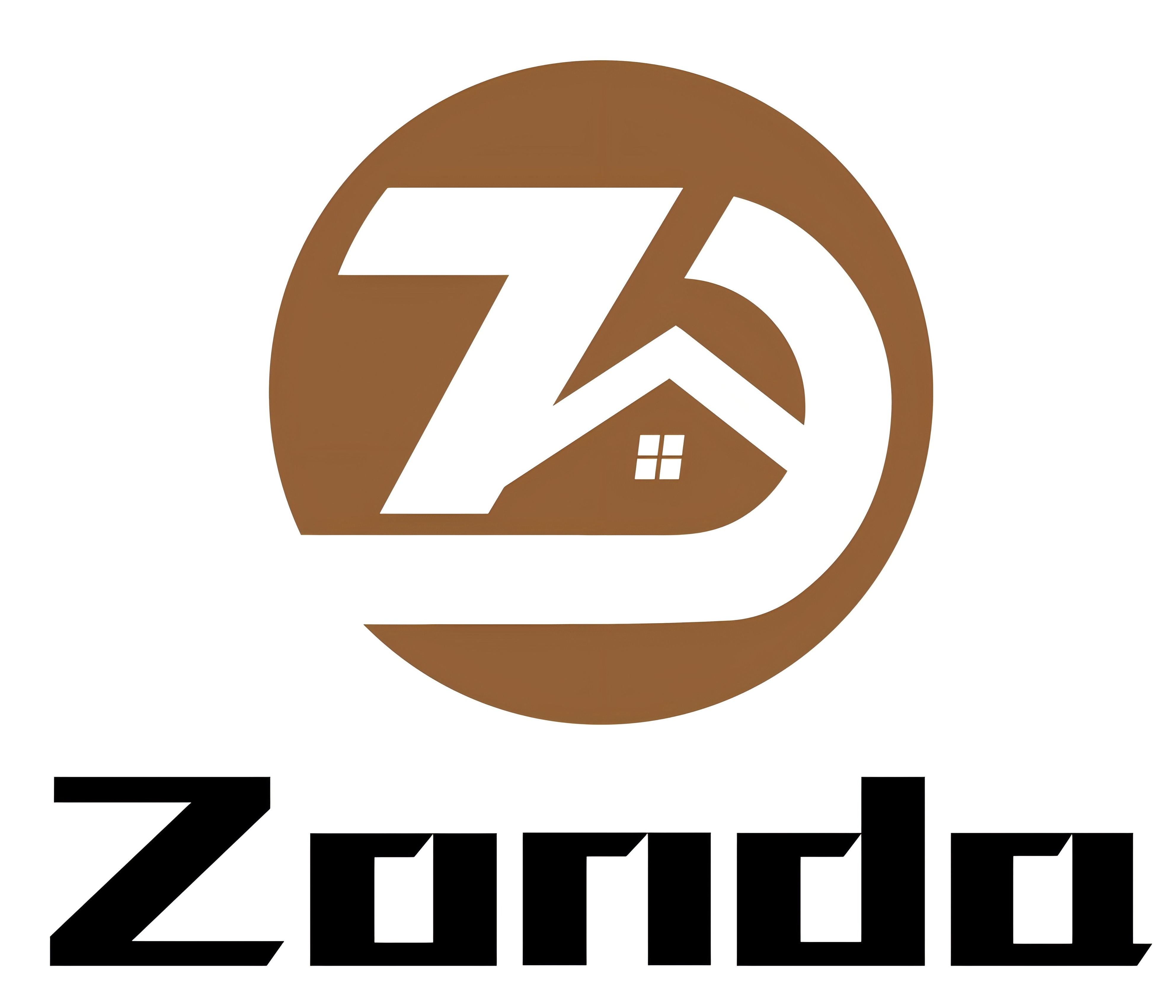Why Expandable Homes Are Ideal for Remote Workspaces
The need for flexibility and the development of fairly recent technologies has led to the rising trend of remote work. This change in the work paradigm is being adopted by more people and businesses, and with this, there is a rise in the need for remote workspaces. One of the new and innovative solutions in this area is the concept of homes that can be expanded and retracted according to need. These structures are not just homes, but they can also function as remote workspaces. This article aims to discuss why businesses and remote workers are now increasingly opting for expandable homes.
Benefits of Expandable Homes
The effectiveness of remote work enabled by the flexibility that is offered by expandable homes is unmatched. Unlike office spaces that are designated for commercial use and cannot be altered in any way, these homes are easily customizable to fit the specific needs of the occupant. Do you need to do a video call in a quiet area? Or do you need a space to coordinate a creative brainstorming session? With these homes, any desired outcome is achievable. This helps guarantee that remote workers are able to adjust their surroundings for their comfort as well as productivity.
Cost Properties of Working Remotely
Among the most notable advantages of expandable homes is their cost efficiency. Remotely located traditional office spaces come with high rental, maintenance, and utility costs. Expandable homes, on the other hand, can be paid as a one-off investment which provides a significant return in the long term. Working remotely allows employees to budget separated office lease costs, enabling them to acquire superior technology and resources.
Environmental Impact and Renewable Energy Use in Expandable Homes
The construction and working habits revolving around the use of expandable homes make them a great eco-friendly solution in the modern world. Primarily, these houses are built with sustainable materials, which minimizes their energy consumption. Working remotely allows employees to reduce their carbon emissions, making their expandable homes work-friendly. Alongside enabling employees to work comfortably, many of these homes are equipped with alternative energy solutions.
Improved Work-Life Balance
The structure of expandable homes promotes a better work-life balance for remote workers. With a dedicated workspace distinct from living areas, individuals are better able to switch from work to personal mode. This separation fosters a mentally healthier lifestyle and helps avoid burnout. In addition, the ability to expand or contract the workspace as required enables a more tailored approach to work, accommodating personal preferences.
Remote Workspaces in the Future
The remote work trend will likely keep growing, and so will the expandable homes. These homes are flexible, cost-effective, and sustainable, making them attractive to individuals and businesses. Experts from the industry are forecasting the greater demand for the homes, driving new design and functional innovations. With further technological advancement, new features are sure to be developed to bolster the remote working experience, making expandable homes a staple in the future of workspaces.
To wrap up, expandable homes are beneficial and resourceful for remote workspaces. They are cost-efficient, sustainable, and promote a healthy work-life balance. With these features, expandable homes are perfect to support the modern worker. As this trend evolves, remote workers need to keep in mind the productivity and fulfillment expandable homes can offer.

